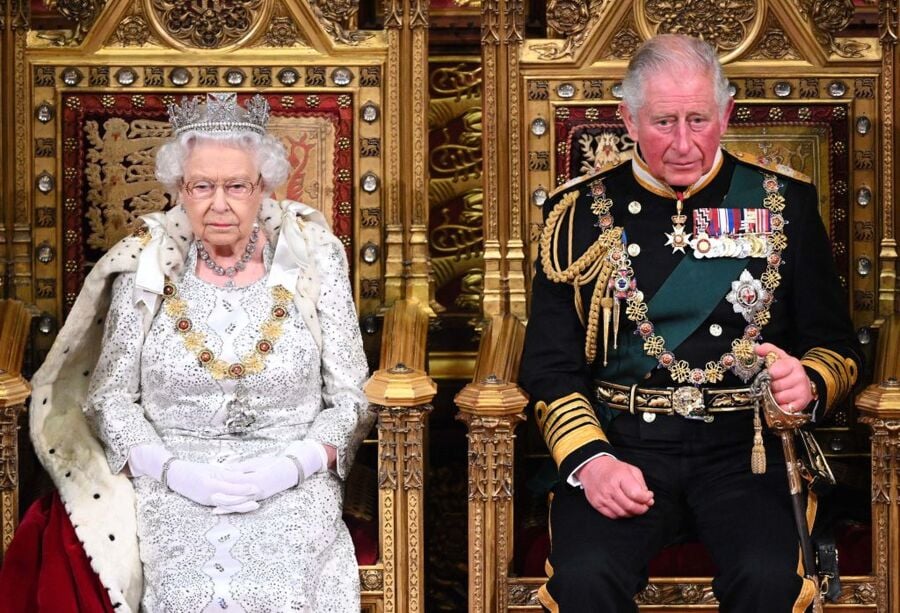King Charles is about to experience the most important day of his life. After decades waiting in the wings, at 11am local time on Saturday, May 6 (6am EST/3am PST), Charles will finally be crowned the King of England. The 74-year-old royal takes over the crown from his late mother Queen Elizabeth II, who passed away on September 8, 2022 at the age of 96.
None of this is probably news to you. But you might be interested to learn that at the moment the crown is slid onto his head, Charles will actually be far richer than his late mother.
King Charles net worth of $750 million is $150 million larger than his late mother’s peak $600 million net worth.
Paul Edwards – WPA Pool/Getty Images
Much of the difference between the two fortunes comes from his former ownership of a real estate trust called the Duchy of Cornwall estate. That trust is reserved for the next person in line to the throne. So it passed down to Prince William upon Queen Elizabeth’s death.
The Duchy was established in 1337 by Edward III and currently is made up of 133,000 acres of land in 23 UK counties. The estate owns significant real estate including cottages, sea side estates, countryside manors, barns converted to homes, and even rental properties. In a typical year Charles earned around $20-30 million from the trust, typically through rents and agricultural sales.
That income allowed Charles to earn a person fortune of $150 million on his own prior to becoming King. Legally Charles did not have to pay taxes on his income from the trust, but he voluntarily has been paying taxes every year for the last few decades.
At the moment his mother died, he inherited her $600 million fortune. Queen Elizabeth personally owned Balmoral Castle in Scotland and the Sandringham Estate Norfolk, England. She inherited these properties from her father. She personally owned a $100+ million stock portfolio, numerous works of valuable art, a stamp collection and $40 million worth of horses.
“Surprisingly Frugal”
Charles made a decision to manage his money more carefully after his infamous divorce from Princess Diana in the 1990s. After that, he became a frugal saver, according to the unnamed source who seems to have a revealing definition of what constitutes a “vast sum”:
Charles himself spoke to Vogue in 2020 about some of his surprisingly frugal habits, and although none of these can be credited with his wealth they may show a bit of his attitude towards money and possessions:
“I’m one of those people who hate throwing anything away. Hence, I’d rather have [clothing] maintained, even patched if necessary, than to abandon them…The difficulty is, as you get older, you tend to change shape, and it’s not so easy to fit into the clothes. I can’t bear any waste, including food waste; I’d much rather find another use.”
Charles has long been a proponent of what he calls a “circular economy” based on recycling and reuse, and it’s possible that some of his frugality is tied up with that concern for the environment. And in the realm of his own personal finances, it does appear to have paid off.

